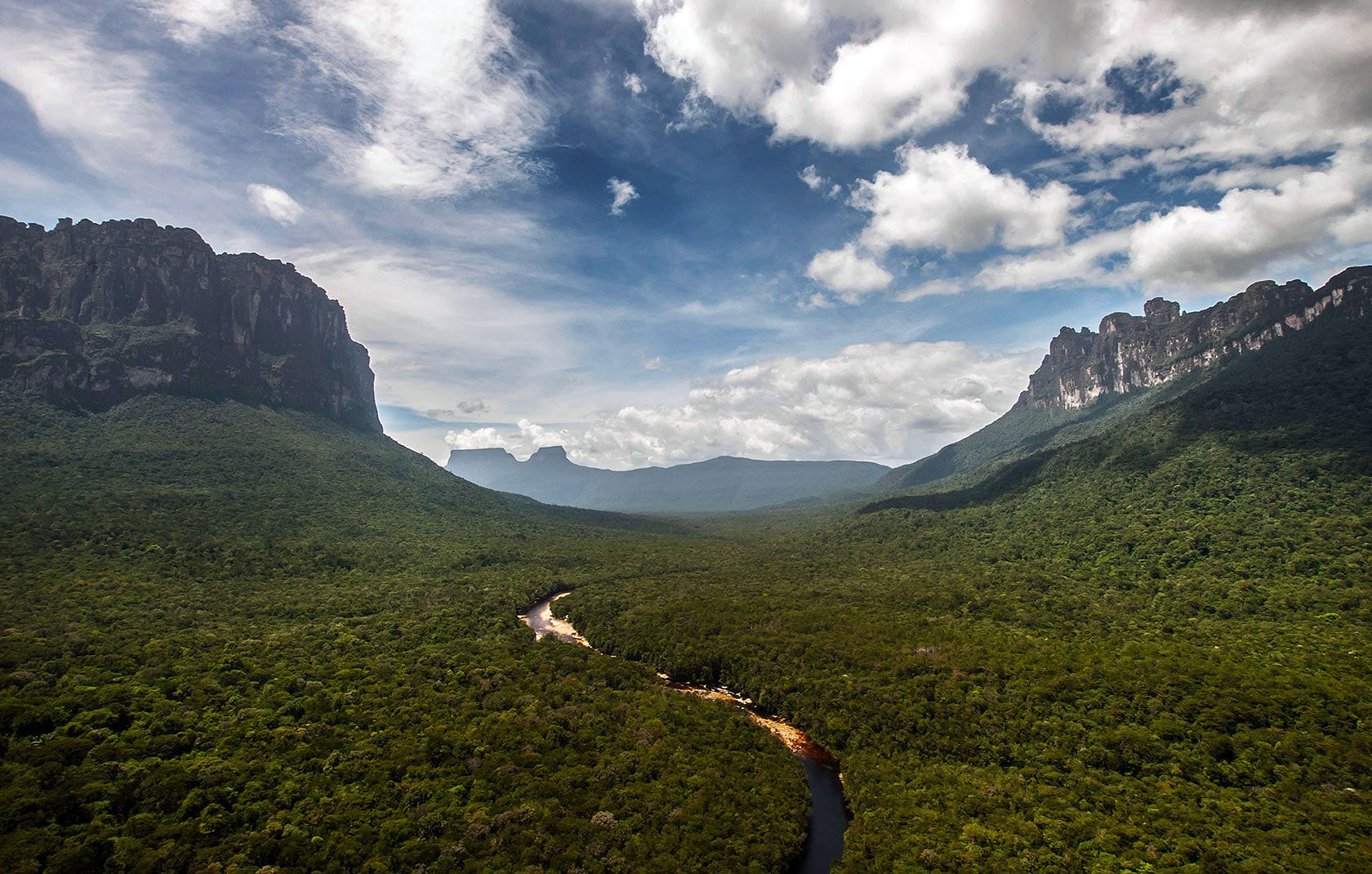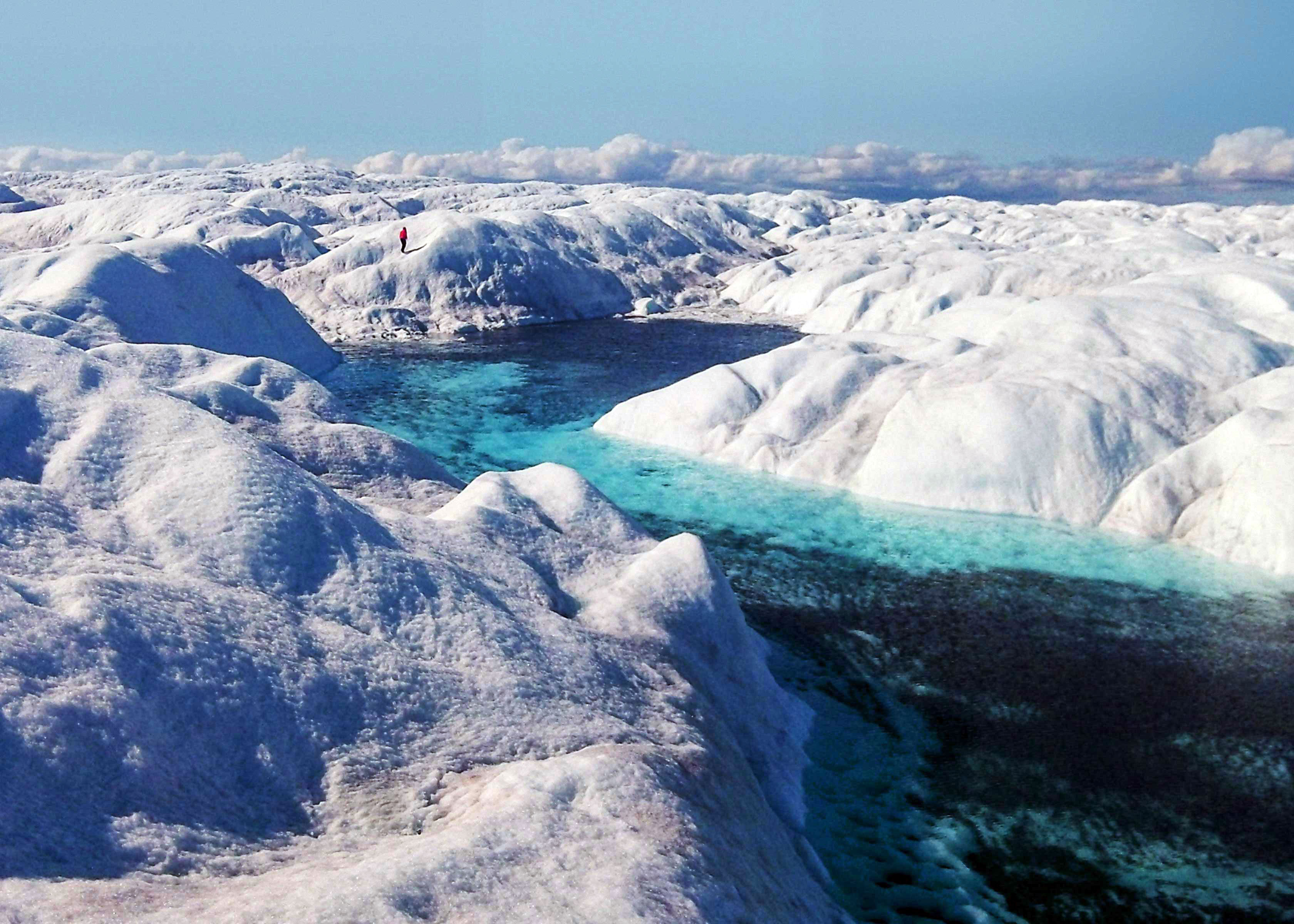Reshaping the world
The Rolex Awards for Enterprise reward the best and brightest young scientists and entrepreneurs

In uncertain times, it is heartening to know that there are men and women with the ambition to improve lives, expand human knowledge and protect the planet's natural and cultural heritage. The challenge for such enterprising spirits is to find the support they need to put their ideas into action.
This is where the pioneering Rolex Awards for Enterprise come into their own. The scheme, which last year celebrated its 40th anniversary, identifies and then backs individuals across the globe as they launch and develop projects that advance the wellbeing of individuals and communities. It focuses on innovative ventures in five areas: science and health, applied technology, exploration and discovery, the environment, and cultural heritage
"The Rolex Awards were designed to support those whose own spirit of enterprise mirrored the enterprising spirit on which the company was founded," explains Rebecca Irvin, Head of Philanthropy at Rolex. "The idea was to encourage new ventures rather than reward past achievements and to recognise people who were doing things differently, exploring beyond boundaries and bringing often unconventional and ground-breaking ideas to help change the world into the mainstream."
The Week
Escape your echo chamber. Get the facts behind the news, plus analysis from multiple perspectives.

Sign up for The Week's Free Newsletters
From our morning news briefing to a weekly Good News Newsletter, get the best of The Week delivered directly to your inbox.
From our morning news briefing to a weekly Good News Newsletter, get the best of The Week delivered directly to your inbox.
The awards programme was established in 1976 to commemorate the 50th anniversary of the Rolex Oyster, the world's first waterproof wristwatch. Laureates must have a talent for independent thinking and the capacity to embrace projects that require creativity and determination in the face of considerable odds. Past ventures have included building artificial glaciers in the Himalayas to improve water supplies, a large-scale programme to plant new trees in the Brazilian rainforest, and a soft textile suit that helps stroke victims to regain mobility.

In 2018, five new Rolex Awards for Enterprise Laureates, all aged between 18 and 30, will benefit from funding to the tune of 100,000 Swiss francs (about £80,000). Just as important as the financial contribution is the potential for the award to open doors. British polar microbiologist Joseph Cook (above) became a Young Laureate in 2016 for his research into how microbes survive in the Arctic, and while he acknowledges that funding can be a crucial accelerator for projects, he also maintains that his prize has brought other, less tangible benefits.
"There is arguably even more value in the networking and exposure that come along with the awards," Joseph says. "Traditional science funding rarely creates the opportunities for impact and engagement outside of academia in the way that the RAE scheme does."
Andrew Bastawrous, who won an award in 2016 for his work on a set of mobile phone apps and attachments designed to identify impaired eyesight in developing countries (see video, below), is similarly enthusiastic about how the award put him in touch with a new community of like-minded people.
"The RAE has connected me to a family of dedicated and inspirational people all over the world," he says. "It really is special to be able to share the journey with similarly minded people, as well as learn so much from the experiences others have had and are having. The award also gives me and the team a greater sense of responsibility to deliver on the promise and hope of change that we can make for many under-served people."
The international nature of the Rolex Awards is revealed by scope of the applicants as well as the projects. In 2016, 2,322 people of 144 nationalities applied, and for the first time, Africa provided the greatest share of applicants - 24 per cent. Indeed, the demographics of the 2016 applicants appear to reflect global developments such as the growth of innovative technology and entrepreneurism in developing countries.
Next year's winners will be chosen by a jury of experts who themselves embody the spirit of enterprise that the awards seek to promote - in 2016 they included the astronaut Chris Hadfield, mathematician Marcus de Sautoy, four-times Olympic gold medallist Johann Olav Koss and Stefan Hell, the Nobel prize-winning economist.
For more on the Rolex Awards, plus details on how to apply, visit www.rolexawards.com
A free daily email with the biggest news stories of the day – and the best features from TheWeek.com
-
 The ‘ravenous’ demand for Cornish minerals
The ‘ravenous’ demand for Cornish mineralsUnder the Radar Growing need for critical minerals to power tech has intensified ‘appetite’ for lithium, which could be a ‘huge boon’ for local economy
-
 Why are election experts taking Trump’s midterm threats seriously?
Why are election experts taking Trump’s midterm threats seriously?IN THE SPOTLIGHT As the president muses about polling place deployments and a centralized electoral system aimed at one-party control, lawmakers are taking this administration at its word
-
 ‘Restaurateurs have become millionaires’
‘Restaurateurs have become millionaires’Instant Opinion Opinion, comment and editorials of the day